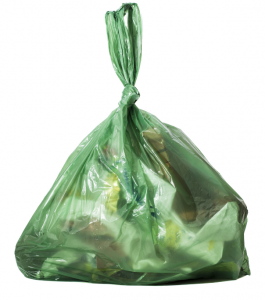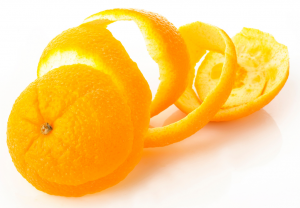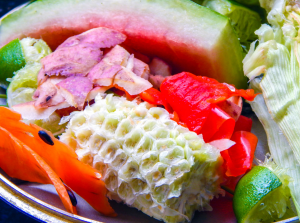 Preparing food generates scraps that are thrown away. Food scraps are the kitchen and restaurant waste from meal preparation, including vegetable peels, meat trimmings, and fruit cores as examples. Food scraps can also result from excess food or unwanted leftovers. Unfortunately, food waste can be a common occurrence in our daily lives and a systemic public health concern.
Preparing food generates scraps that are thrown away. Food scraps are the kitchen and restaurant waste from meal preparation, including vegetable peels, meat trimmings, and fruit cores as examples. Food scraps can also result from excess food or unwanted leftovers. Unfortunately, food waste can be a common occurrence in our daily lives and a systemic public health concern.
The Environmental Protection Agency estimates that food makes up more than 20% of what goes into municipal landfills, more than any other single material! Our current landfills are filling rapidly and finding new locations is very challenging.
Environmental Impacts
- Food waste takes up valued space in landfills.
- Creates multiple environmental concerns. This includes food scraps contributing to excess greenhouse gases, odors, and contaminants that may leach into soil and water systems.
- When food scraps are placed in a plastic bags buried in a landfill, the natural breakdown of organic materials is greatly reduced.
Actions to Reduce Food Scrap Waste
- Be a conscious shopper. The first step is to buy only what you will consume. Meal planning and shopping with a grocery list can help reduce food waste from the start and also save money and time at the store.
- Become freezer-friendly with leftovers. An excellent way to avoid wasting food is to freeze leftovers and freeze (or dehydrate) excess fruits and vegetables.
- Find alternative uses. Make soups, scrambles, or casseroles from those leftover odds and ends in your refrigerator, flavor broth with broccoli or cauliflower stalks, or even use citrus peels for homemade kitchen cleaner.

- Safely share or donate food when possible. Friends and neighbors may appreciate groceries that you won’t be able to use. Check with local food banks or pantries to find out their donation procedures.
- Start composting! Food scraps can also have value and life beyond the kitchen. Composting is the process of decomposition of organic materials into a beneficial soil amendment. The combination of organic material, water, air, and microorganisms creates an ideal environment for food scrap decomposition. Once completed, the finished compost is uniform in texture, has an earthy natural smell, and is ready for reuse. Recycling food scraps through composting can add nutrients to gardens and lawns. It can also reduce runoff through improved rooting structure, reduce the need for fertilizers, and help retain moisture to conserve water resources. If home composting is not a good option for you, commercial composting sites and services are available in many of Colorado’s communities and EPA has helpful information about composting at home.

 Buy what you will consume, consume what you buy
Buy what you will consume, consume what you buy
Always an important issue. Thanks for the good links!
We all need to be better consumers & think about our impact on the enbironment
This article topic is a good one as all of us can always take a better look at our food waste and where we can make some changes